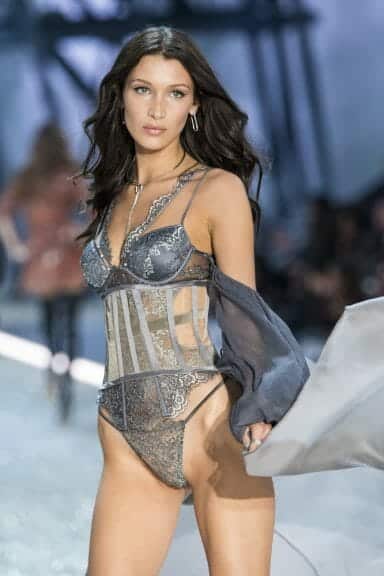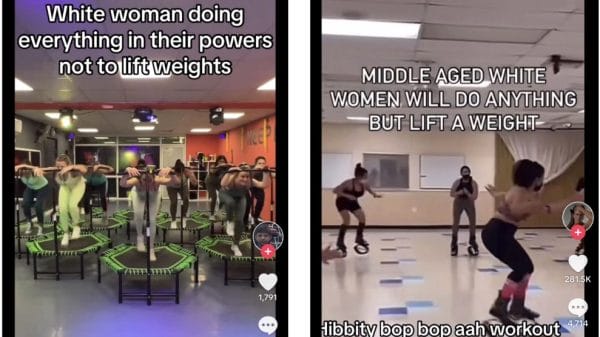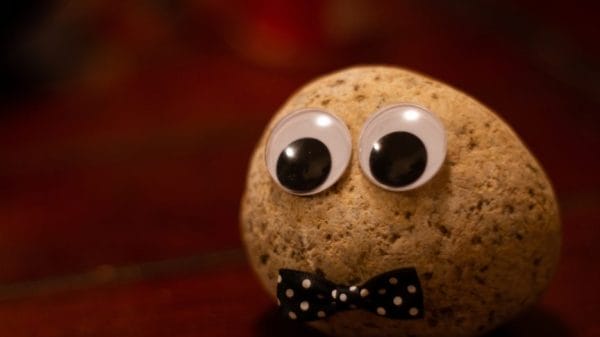When I asked myself what diets permeated Gen Z platforms, there weren’t very many to choose from. In fact, diets like The Sleeping Beauty diet (not so much about sleeping, but more about sedatives) and the Grapefruit Diet have not been popularized. According to the Engine Group, Gen Z’s “food morality has shifted away from calories as a moral measure for “good” and “bad” food, instead prioritizing taste, nutrition, and overall improvement of mental health.”
47% of interviewed UK and US youths between the ages of 14 and 34 have made it a goal to prioritize mental health-focused eating. While Gen X often relied on pre-packaged foods and a cigarette after work, Gen Z has given life to homemade meals.
With platforms such as TikTok and Youtube, quick and effective recipes are easily accessible. As their relationship with food is changing, more Gen Z is looking to embrace intuitive eating as a lifestyle rather than a short-term weight loss solution.
Still, this “foodie” generation has found other ways of dieting, separate from the media-encouraged SlimFast foods many of us grew up seeing in Supermarkets. Moreover, a quarter of Gen Z views diet culture as a trend to follow, with 1 in 4 Gen Z youths and Millenials keeping track of current diets.
While Reverend Charlie Shedd’s 1957 “Pray Your Weight Away” “diet” may not work in your favour, Gen Z might, in turn, recommend lighting a mystical candle and manifesting it away instead.
The Grip Influencers Hold on Followers
Pixie Turner developed orthorexia after learning about her high cholesterol. Social media was filled with information about cutting out eggs, dairy, meat, fish, gluten, sugars, etc. Her eating disorder had grown so bad that “At one point, I left lectures early so friends wouldn’t ask me to celebrate my birthday with a meal at a Chinese buffet, because I couldn’t eat the food, it wasn’t “clean” and “healthy” enough.”
While diets may not be publically heartened, they certainly hold a grip on today’s world. With apps like Facetune, it is easier to hide behind a screen and motivate others to eat a balanced diet when one isn’t necessarily doing that. Such unachievable body standards are projected to the masses when often it comes down to a lack of eating, sucking in or posing.

With this wave of aesthetic body types like Bella Hadid’s glamorized heroin chic or Kim Kardashians’ 16-pound weight loss, it seems Gen Z’s trends may be reverting back to a romanticized view of achieving that skinny look. Hopefully, the Liquid diet won’t be making a comeback any time soon.
The Idolization of Celebrity Eating habits
“What I Eat in a Day” videos, often created by influencers and models, are the modern diet. While it may disguise itself as a simple look into someone’s eating habits, it closer resembles idolization and a toxic attempt at looking like a celebrity rather than feeling good in one’s skin.
Thus, while losing weight has become less broadcasted, it certainly continues to linger behind photoshopped Instagram pictures. In 2018, Victoria’s Secret Model Bridget Malcolm apologized for promoting unhealthy eating habits. She says to People, “When I claimed that I ate loads, I thought that I did. So I would fill up on foods that were low calorie and think that I was eating a healthy balanced diet.”
“I was extremely active, sometimes training 2-3 hours daily, and thought that that made me fit. But if someone offered me a piece of fruit to eat, I would become so anxious and fearful at the thought of having to eat it (something unplanned) that I would nearly be sick with worry,” She continued.
Since then, Malcolm has stopped dieting and says she feels “free” and is “making peace” with her body. However, Malcolm was not the only influencer to have promoted unhealthy diets. Australian model Ruby Tuesday Matthews said she relied on black coffee, cigarettes and cocaine to stay skinny.
“A lot of people never really understood how I could eat and still be so thin. But I guess it’s pretty easy to hide an addiction,” says Matthews to Yahoo.
Marissa Meshulam, a dietician and nutritionist, says, “The role influencers play in affecting their followers’ diet and lifestyle decisions are really scary. People look at influencers as ‘goals’ in so many ways. Followers then try everything to replicate their influencers’ lifestyles, thinking that they, too, can achieve these goals”.
Body-positive influencers are speaking out against misinformation, with influencers like Chessie King Carter making it known that stomach rolls are normal. There are organs in there, after all.
Chessie King says, “Bollocks to body shaming. Bollocks to body ideals. Bollocks to body judgments. Big old bollocks to it all.” With that, we can most certainly agree with.














